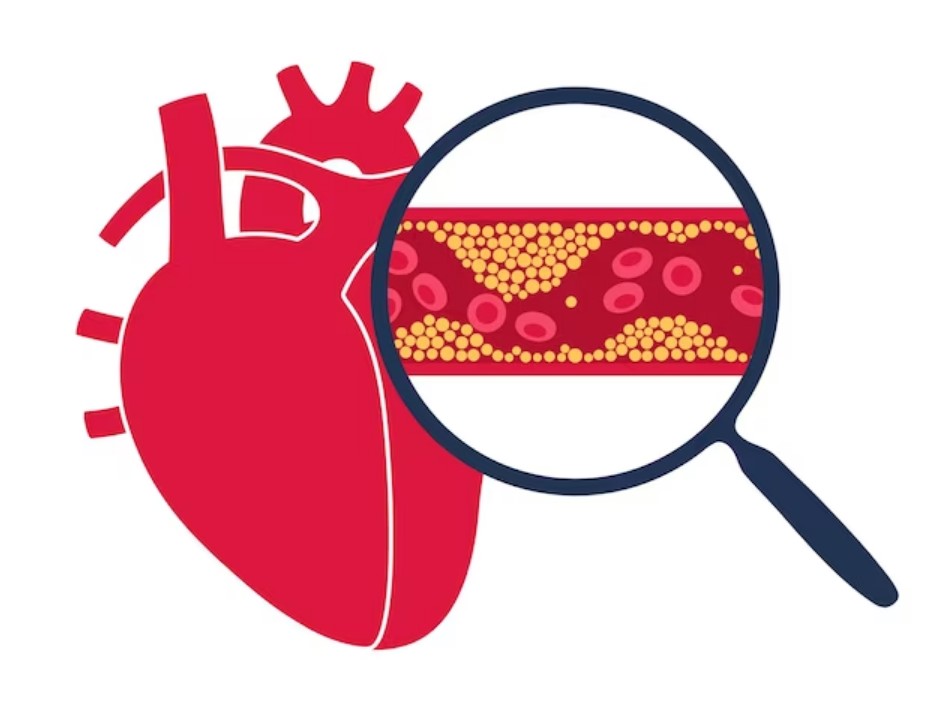Researchers in Sweden have discovered a link between the quantity of certain bacteria in the gut and coronary atherosclerotic plaques in a large-scale study. Atherosclerotic plaques, caused by the accumulation of fats and cholesterol deposits, are a major cause of heart attacks. The findings of this study, led by academics from Uppsala and Lund University, were recently published in the scientific journal Circulation.
The new study analyzed gut bacteria and cardiac imaging in 8,973 participants aged 50 to 65 from Uppsala and Malmö who had no known history of heart disease. All participants were part of the Swedish CArdioPulmonary bioImage Study (SCAPIS).
“We found that oral bacteria, particularly species from the Streptococcus genus, were associated with an increased occurrence of atherosclerotic plaques in the small arteries of the heart when present in the gut flora. Species from the Streptococcus genus are common causes of pneumonia and infections of the throat, skin, and heart valves. Now, we need to understand whether these bacteria contribute to the development of atherosclerosis,” said Tove Fall, Professor of Molecular Epidemiology at the Department of Medical Sciences and SciLifeLab, Uppsala University, who coordinated the study along with researchers from Lund University.
Technological advancements have enabled the comprehensive characterization of bacterial communities in biological samples by sequencing DNA content and comparing it to known bacterial sequences. Furthermore, improvements in imaging techniques have made it possible to detect and measure early changes in the small vessels of the heart. The SCAPIS study is one of the largest collections in the world that has both types of data. In this study, scientists investigated the relationship between gut microbiota and the accumulation of fatty deposits in the heart arteries.
“The large number of samples with high-quality data from cardiac imaging and gut flora allowed us to identify new associations. Among our most significant findings, Streptococcus anginosus and S. oralis subsp. oralis were the strongest ones,” said Sergi Sayols-Baixeras, the lead author from Uppsala University.
The research team also found that some of the species associated with the accumulation of fatty deposits in heart arteries were also linked to the levels of the same species in the mouth. This was measured using fecal and saliva samples collected from the Malmö Offspring Study and Malmö Offspring Dental Study. Furthermore, these bacteria were associated with inflammation markers in the blood, even after accounting for differences in diet and medication between participants who carried the bacteria and those who did not.
“We have only just begun to understand how the human host and bacterial community in different compartments of the body affect each other. Our study shows worse cardiovascular health in carriers of streptococci in their gut. Now, we need to investigate whether these bacteria are significant players in the development of atherosclerosis,” noted Marju Orho-Melander, Professor of Genetic Epidemiology at Lund University and one of the senior authors of the study. (ANI)


